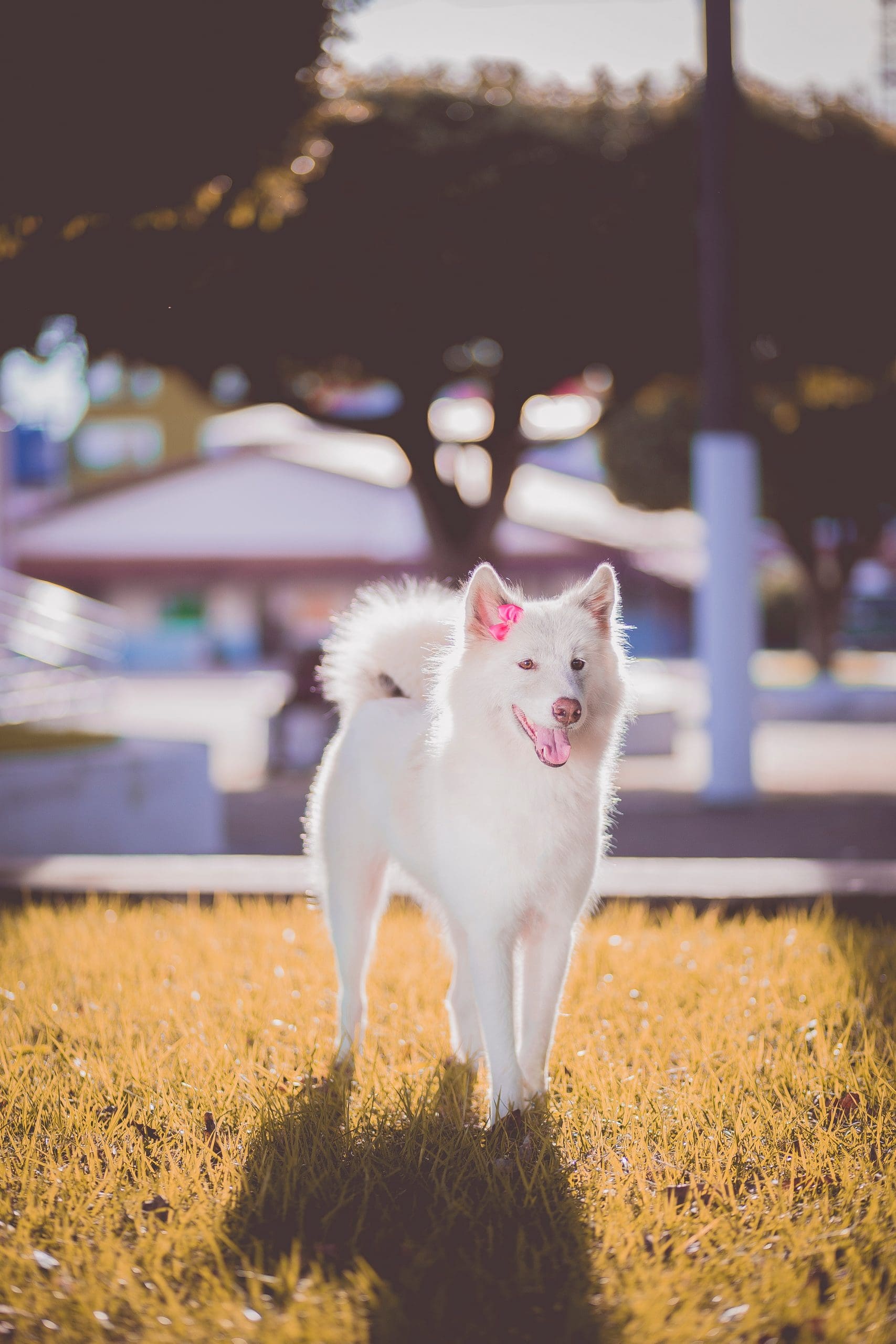Dogs are beloved family members, and their health is a top priority. One essential part of responsible pet ownership is understanding which human foods pose risks to dogs. While many foods are safe and nutritious for us, some can be harmful or even fatal to our canine companions. Here’s a rundown of common foods that should never be given to dogs.
Chocolate
Chocolate is one of the most notorious toxic foods for dogs. It contains theobromine, which can be deadly. Dark chocolate is particularly dangerous, and even small amounts can lead to serious health issues. Symptoms of chocolate ingestion include vomiting, diarrhea, and increased heart rate. In severe cases, it can cause seizures or even death. If you suspect your dog has consumed chocolate, contact your veterinarian immediately.
Grapes and Raisins
Grapes and raisins may seem like harmless snacks, but they can lead to acute kidney failure in dogs. Symptoms of toxicity include vomiting, lethargy, and loss of appetite. The exact reason for their toxicity remains unclear, but the risk is significant enough to warrant immediate veterinary attention if your dog ingests them.
Onions and Garlic
Onions and garlic belong to the allium family, which also includes leeks and chives. These foods can damage red blood cells and lead to anemia. Symptoms may manifest as weakness, lethargy, and fainting. Regardless of whether they are cooked, raw, or powdered, all forms of these vegetables should be kept away from dogs.
Xylitol
Xylitol is an artificial sweetener found in many sugar-free products and is extremely toxic to dogs. Even small amounts can cause a rapid release of insulin, resulting in hypoglycemia. Symptoms can appear within 30 minutes and include vomiting, loss of coordination, and seizures. In severe cases, xylitol consumption can lead to liver failure. Always check product labels to ensure they don’t contain this harmful ingredient.
Nuts
Certain nuts, particularly macadamia nuts, can be harmful to dogs. Symptoms of nut toxicity include weakness, tremors, and hyperthermia. Since the exact cause of their toxicity is not fully understood, it’s best to avoid giving any nuts to dogs entirely.
Raw or Undercooked Animal Products
Feeding dogs raw or undercooked meat, eggs, and fish poses risks due to harmful bacteria like salmonella and E. coli. Additionally, certain fish, such as salmon, may harbor parasites. Cooking these foods thoroughly can reduce risks, but it’s generally safer to stick with dog food formulated for their dietary needs.
Dairy Products
While some dogs can handle small amounts of dairy, others may be lactose intolerant, leading to gastrointestinal upset. Monitoring your dog’s reaction to dairy products is wise, and consulting your veterinarian if concerns arise is advisable.
Avocado
Avocado contains persin, which can be toxic to dogs in large quantities. While the flesh is generally safe in small amounts, it’s best to avoid giving avocado to dogs altogether. The pit also poses a choking hazard.
Caffeine
Caffeine, found in coffee, tea, and energy drinks, is toxic to dogs. It can cause increased heart rates and hyperactivity, leading to severe symptoms such as restlessness and rapid breathing. Keeping caffeinated products away from dogs is crucial for their safety.
Fruit Pits
Certain fruit pits, like those from cherries and peaches, contain cyanide, which is toxic to dogs. Beyond the risk of poisoning, these pits can also cause intestinal blockages. Always remove pits before offering fruit to dogs.
Alcohol
Even a small amount of alcohol can be harmful to dogs, leading to intoxication and severe symptoms such as vomiting, diarrhea, and difficulty breathing. Dogs metabolize alcohol differently than humans, making it essential to keep alcoholic beverages out of their reach.
High-Fat Foods
Foods high in fat can lead to pancreatitis in dogs. Fried foods, fatty cuts of meat, and greasy snacks are hard for dogs to digest and can cause inflammation of the pancreas. Symptoms include vomiting, diarrhea, and abdominal pain. If your dog shows these signs after eating a fatty meal, consult your veterinarian.
Sodium-Rich Foods
Processed foods high in sodium, like chips and pretzels, can lead to sodium ion poisoning in dogs. Symptoms may include vomiting, excessive thirst, and urination. In severe cases, it can result in tremors or seizures.
Safe Foods
Many fruits and vegetables are safe for dogs, such as carrots, green beans, and apples (without seeds). Cooked lean meats like chicken and turkey are typically safe as well. Always consult your veterinarian before adding new foods to your dog’s diet.
Vigilance and Education
Being aware of toxic foods is vital for keeping dogs safe. Educating yourself about harmful substances and ensuring that family and friends are informed can help prevent accidental ingestion. If your dog consumes something toxic, seek veterinary care immediately, as prompt action can be crucial.
Maintaining a balanced diet tailored to each dog’s unique needs is also essential. Factors like age, weight, and activity level influence dietary requirements. Consulting with a veterinarian can help identify the best nutrition plan for your pet.
Responsible dog ownership involves being proactive about your pet’s health. Understanding what foods are harmful is a fundamental aspect of this responsibility, ensuring your furry friend enjoys a long, happy, and healthy life.



